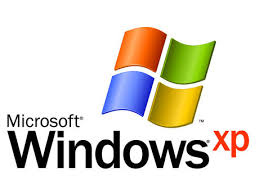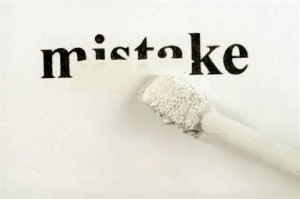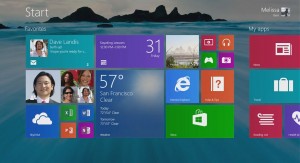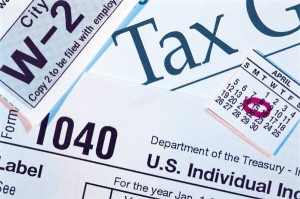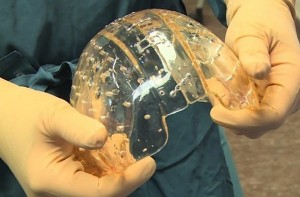A study evaluating the recuperative effects of short and ultra short naps found that napping for 5-10 minutes can create a heightened sense of alertness and increased cognitive ability when comparing to not taking a nap at all.
If you are looking for a quick recharge: nap for 5 – 20 minutes.
If you are looking for deeper sleep rejuvenation: nap for 60 – 90 minutes.
Final tip: When you take your shorter naps, sit up slightly as it will allow you to avoid falling into a deeper sleep. If you dream during these power naps, it could be a sign that you are sleep deprived.
Article updated March10, 2024
Want to Improve Medical Billing Study? Take a Nap!
Well, this is probably true for all students. However, those engaging in medical billing study online with the Allen School are typically busy people, working jobs, raising families, and taking online medical billing classes in the spaces in between as they work towards their goal of more rewarding and stable employment.
If this describes you, then you’re probably a little sleep-deprived. While the importance of a good night’s sleep – every night – cannot be overstated, sometimes, the best thing for you to keep you going through a very long day is a nap. I’m not just saying this anecdotally, or as a snooze hound (although I am). Naps are medically recognized as beneficial to brain function. But as anyone who has ever napped before knows, sometimes, you awaken from a nap feeling far more sluggish than you did before you laid down for a power snooze.
That’s where Dr. Michael Breus comes in. Doctor Mike explains the perfect length of time for a truly restorative, brain-firing nap in this great article at Collective-Evolution dot com. Below is the synopsis of the article, but I recommend reading it in its entirety and then taking a little catnap according to the guidelines provided.




